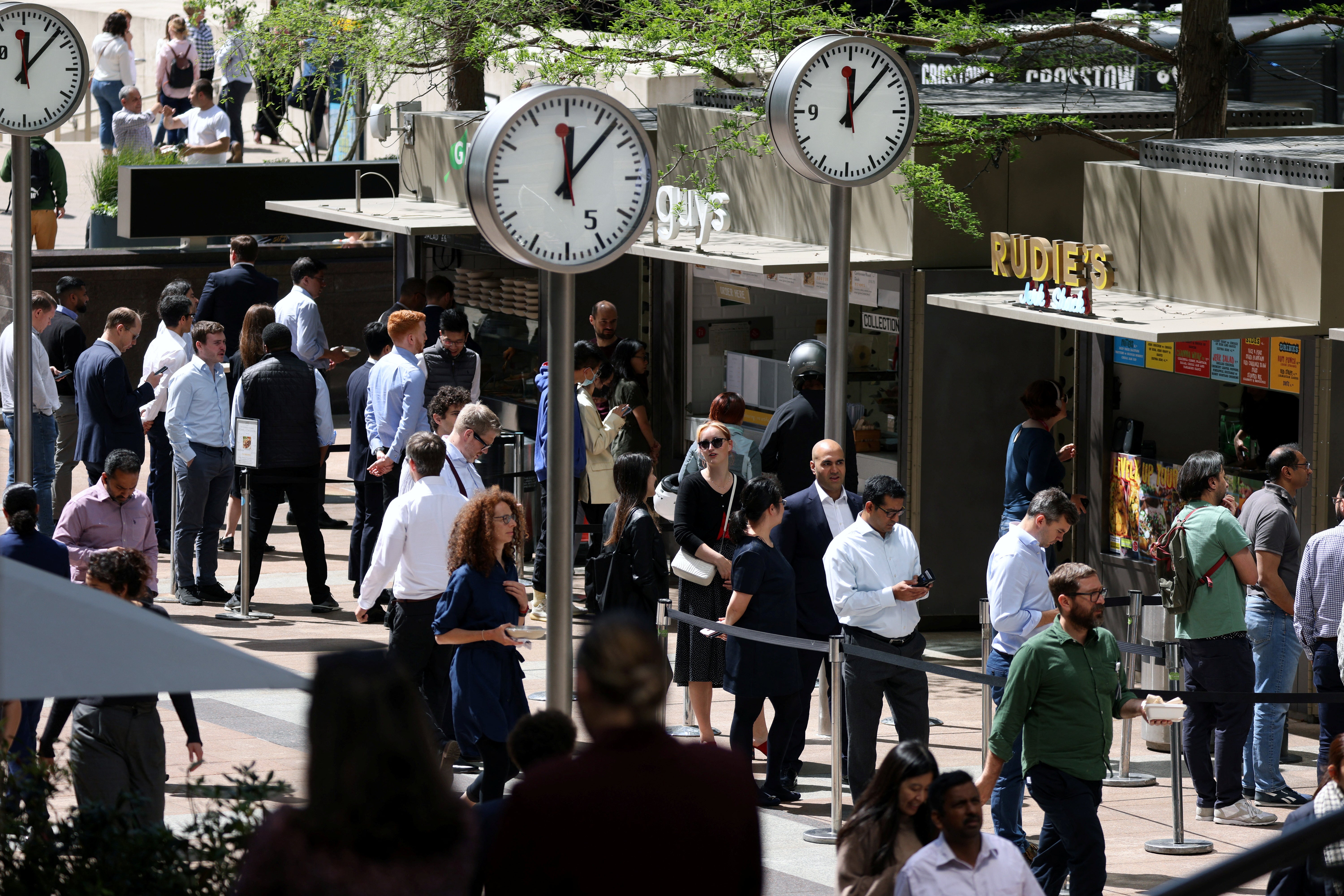Voters in Red Wall areas back four-day working week, poll finds
4 Day Week Campaign director Joe Ryle said the four-day week ‘is a win-win for workers’

Voters in “Red Wall” seats strongly support a four day working week with no loss of pay, a new survey has revealed.
The polling, carried out by Survation, found that 66% of all voters surveyed in Red Wall seats would like a 32-hour working week, compared with 11 per cent against.
Survation surveyed 1,015 people in areas of the North and Midlands which switched allegiance from Labour to Conservative to hand Boris Johnson his landslide victory in the 2019 election.
The polling found that voters who backed the Tories in these seats 2019 were strongly supportive of the policy by 59 per cent, with 17 per cent opposing.
Labour voters who stuck with the party in 2019 were also supportive of the policy but to a higher degree, with 79 per cent backing it and a paltry 5 per cent opposing.
4 Day Week Campaign director Joe Ryle told LabourList: “The four-day week with no loss of pay is a win-win for workers and employers. By re-affirming the party’s commitment to a four-day week before the next election, Labour could win big in the Red Wall.
“Overworked and stressed British workers are desperate for a better work-life balance after the pandemic.”
The polling also showed that 50 per cent of voters would be more likely to vote for a political party that committed to a four day working week.
The findings are sure to make interesting reading for respective party leaders Boris Johnson and Sir Keir Starmer as the Red Wall will be a key battleground for Labour and the Conservatives at a future general election.
Thousands of British workers are set to take part in a pilot scheme in June to trial the four-day working week.
In the pilot scheme that will run for six months, 60 companies will let their 3,000 employees have a three-day weekend without any reduction in pay. The trial is being overseen by academics from institutions including Oxford and Cambridge universities.
A previous pilot scheme run by Iceland’s government and Reykjavík City Council, which cut hours for more than 2,500 in 2019 was heralded as a “overwhelming success” and led to increased employee productivity.



Join our commenting forum
Join thought-provoking conversations, follow other Independent readers and see their replies
Comments